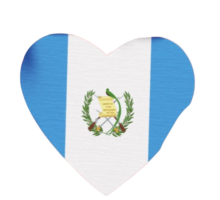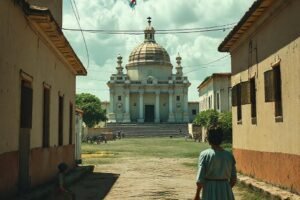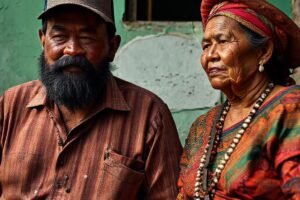The women of Guatemala, pillars of strength and transformation
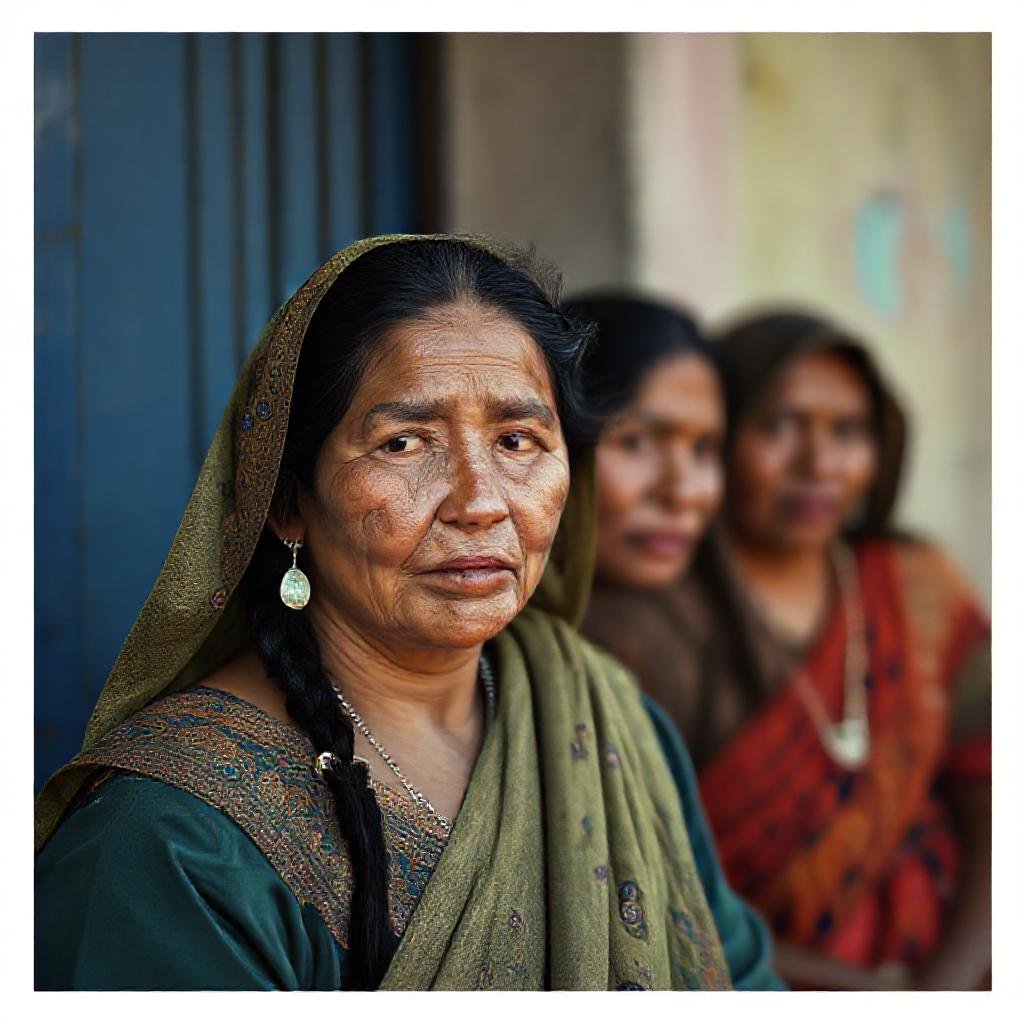
Guatemalan women have always been a pillar of strength and perseverance, silent weavers of Guatemala’s social and cultural history.
This article highlights not only their struggles and successes within national borders, but also how these stories resonate with Guatemalans living in the United States, keeping alive their connection to the country of origin.
Through the courage and activism of these women, a narrative of empowerment and change is revealed, crucial to understanding both the challenges and progress in the struggle for gender equality and human rights in Guatemala.
Stories of Resilience and Empowerment
Lorena Cabnal: Healer and Activist
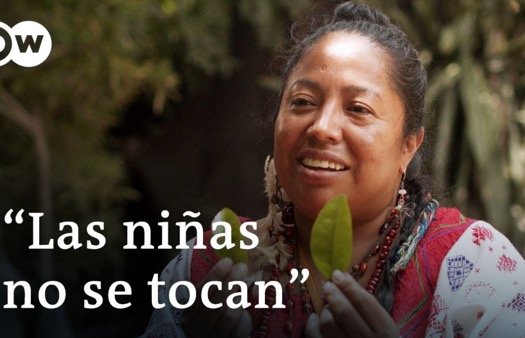
Lorena Cabnal is a symbol of endurance and strength.
As a feminist and healer of Q’eqchi’-xinka Mayan descent, her life is testimony to the struggle against deep-seated structural adversities.
Born into a context of poverty exacerbated by displacement during Guatemala’s Civil War, Lorena faced sexual violence and marginalization from an early age.
At the age of 15, he decided to change his destiny, escaping from his environment to study medicine and psychology. Her journey took her to the Xalapán mountains, where she rekindled her connection to her Xinka roots and began to critically question gender norms in indigenous communities.
In 2003, Lorena began actively working against child sexual exploitation in the mountains of Xalapán, an area where the macho culture constantly threatened the autonomy and safety of young girls. Lorena’s educational work motivated many women to question and claim their rights, which led to the formation of the Indigenous Women’s Association of Santa María Xalapán.
Despite threats and criticism, her work was officially recognized, consolidating a movement that seeks to reformulate feminism to include indigenous perspectives on gender and autonomy.
Thelma Cabrera: Presidential Candidate and Defender of Indigenous Rights
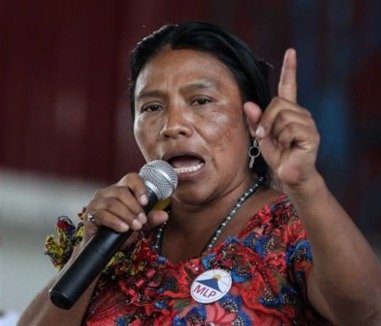
In 2019, Thelma Cabrera, a woman of indigenous descent, made history by running for president of Guatemala.
Representing the Movement for the Liberation of the Peoples (MLP), his campaign focused on equality for all Guatemalans, advocating for the nationalization of resources and greater equity in the distribution of wealth.
Thelma, who grew up working on coffee plantations and married at the age of 15, had been involved in the struggle for farmworkers’ rights through the Comité del Desarrollo Campesino (CODECA) since she was young.
His impact on the presidential election was significant, finishing in fourth place by a narrow margin, and his campaign illuminated the inequities that persist in Guatemalan society.
Women in Guatemala today
Despite significant progress, women in Guatemala continue to face a number of challenges that limit their development and well-being. Gender violence continues to be a serious and persistent problem, with high rates of femicide and domestic violence.
According to recent data, Guatemala has one of the highest femicide rates in Latin America, an alarming reality that underscores the urgency of effective policies and concrete actions to protect women.
In addition, economic inequality disproportionately affects women, especially indigenous and rural women, who have limited access to resources, education and employment opportunities. More than 4,000 girls between the ages of 10 and 14 give birth each year, reflecting the lack of sex education and access to contraceptive methods. This environment perpetuates cycles of poverty and significantly limits women’s potential to contribute to Guatemala’s economic and social development.
Impact of Education and Political Activity
Lucia Xiloj Cui: Lawyer and Justice Activist
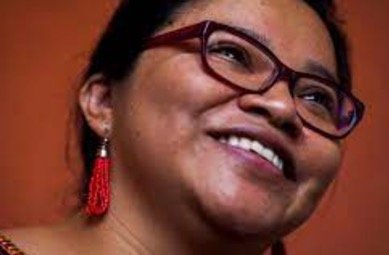
Lucía Xiloj Cui is a Q’echi Mayan lawyer who has dedicated her career to fighting for justice for victims of sexual violence, especially those affected during Guatemala’s civil war. Her work has not only brought hope to many women, but has also highlighted the need for a fairer and more effective judicial system that does not ignore the rights of indigenous women.
Lucía has been a key voice in the process of documenting and bringing to justice cases of sexual violence as war crimes, setting a precedent in the struggle for human rights in Guatemala.
Sandra Xinico Batz: Columnist and Weavers’ Rights Advocate
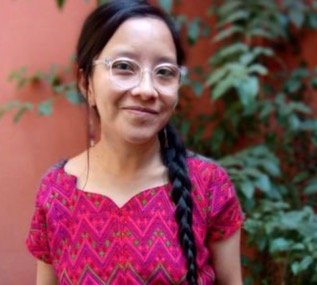
Sandra Xinico Batz, a Kakchiquel anthropologist, has used her voice and pen to defend the intellectual and cultural rights of indigenous weavers in Guatemala. Their activism focuses on the protection of traditional weavings and designs that are often appropriated without consent by companies and marketers.
Sandra has been at the forefront of movements demanding legislative changes to recognize and respect the intellectual property of indigenous peoples, ensuring that they receive fair compensation for their work and preserving their culture for future generations.
The Influence of Culture and Tradition
Traditional dress and intellectual property are central aspects of Guatemalan culture that significantly influence women’s lives. The act of weaving and wearing indigenous costumes is more than an artistic expression; it is a declaration of identity and resistance.
However, these traditions face modern challenges such as cultural appropriation and economic exploitation. Sandra Xinico Batz, for example, has fought tirelessly to protect the intellectual rights of indigenous weavers, ensuring that their art is not only respected but also adequately remunerated.
Cultural traditions can also limit women’s progress by reinforcing outdated gender roles and limiting their access to opportunities outside the home. Cultural resistance to these traditional norms is vital and is being led by women who are actively challenging these constraints, promoting significant change within their communities.
The role of Guatemalan women, both in their country of origin and in the diaspora, is fundamental to the social and economic fabric of Guatemala. The Guatemalan community in the U.S. has a crucial role in supporting these efforts, whether through activism, education, or simply elevating and recognizing the voices of these powerful women.
As we continue to highlight and celebrate their achievements and challenges, we strengthen the ties that bind Guatemalans around the world and support a more just and equitable future for all women in Guatemala.
